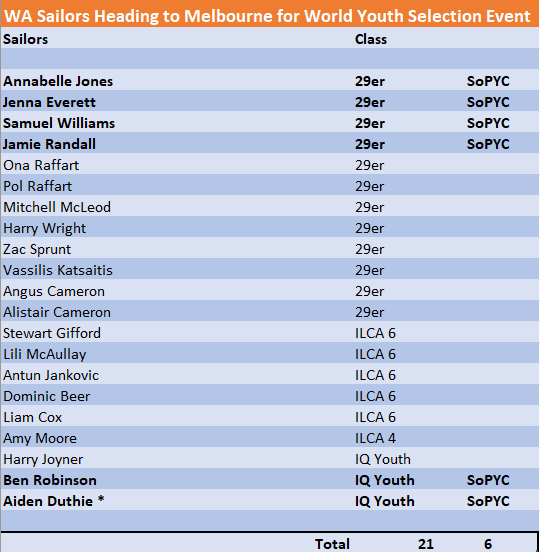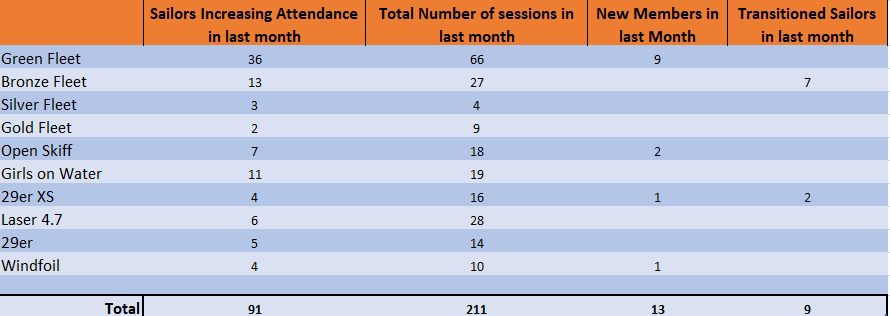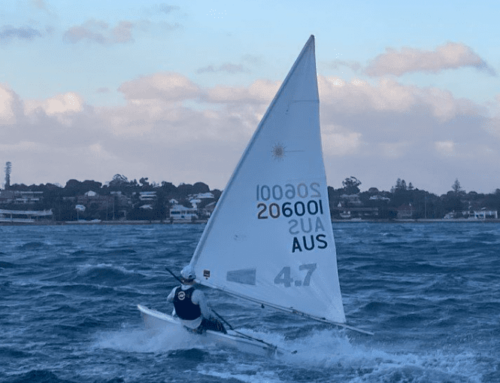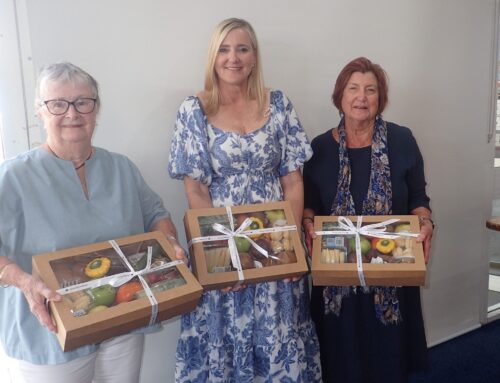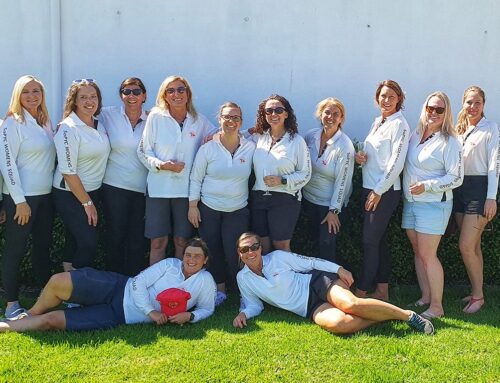I hope this post sees you well in these very strange and difficult times. There are many people around the world struggling with circumstances and we are privileged to still be participating in a great sport. I think it’s a reminder that we are doing this sport for enjoyment and life needs these aspects to balance everything out.
Today I’m covering:
- The Bravo course and what it’s about
- An overview of our Junior Training Program
- An update on the Australian Youth Selection Event
Bravo Course
I had the chance to supervise our Bravo fleet racing as part of our coach mentoring program on the weekend. What a great positive environment we had. Firstly thanks to our great RO and Volunteers, and our World and National and State Champion Coaches, Axel Fleet Michael Compton, and Rosie Hennessy
The Bravo course is set up for a number of reasons including:
Providing a safe and flexible sailor-friendly environment for junior sailors only. This means less waiting around time and flexibility to sail in suitable locations, plus the opportunity to introduce training courses such as Slalom races to increase awareness of apparent wind.
It also means young sailors are not confronted by Small keelboats, Skiffs, and Foiling Classes and can concentrate on their racing.
Provide an opportunity for volunteers to give back to the club and an opportunity for parents to get involved. This week was supported superbly by:
- Marty Compton (Gold Fleet coach parent and long-time parent volunteer)
Phillip Draber has also been supporting as a regular RO on this course and doing a great job - Brenda Duthie (Opti Gold Parent and Volunteer)
- Brian and Judy Cross (Management Committee volunteers)
Tim Beck and Ian Sommerville from the Centerboard Committee, are on the lookout for more volunteers, particularly from the current group of parents which will be a great opportunity to watch your children.
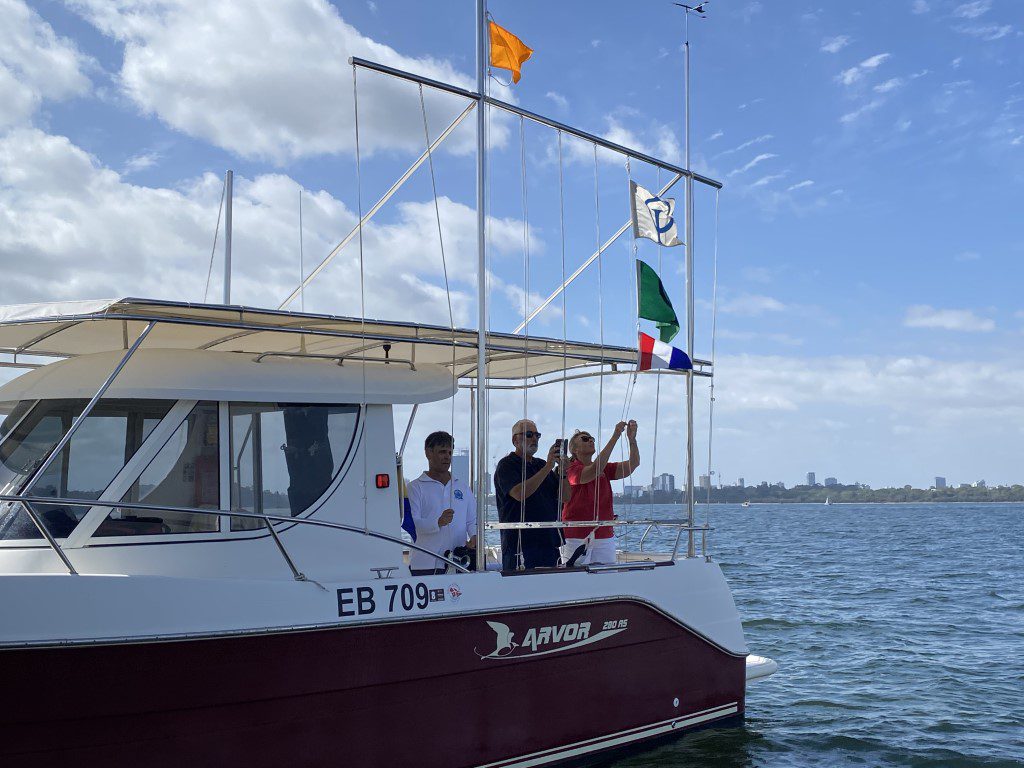
The Sunday training focuses on the racing skill pillars of our program (Environment, Strategy, Tactics, and still Technique). In contrast, the Tuesday training focuses on skill development pillars like The Body, Technique, and the Boat.
Below are a few examples of this in action last Sunday
Line Ups
Sailors concentrate on their boat setup in the conditions of the day. Overlooking is World Champion U17 29er Sailors Axel Fleet and Champion Female sailor Rosie Hennesay
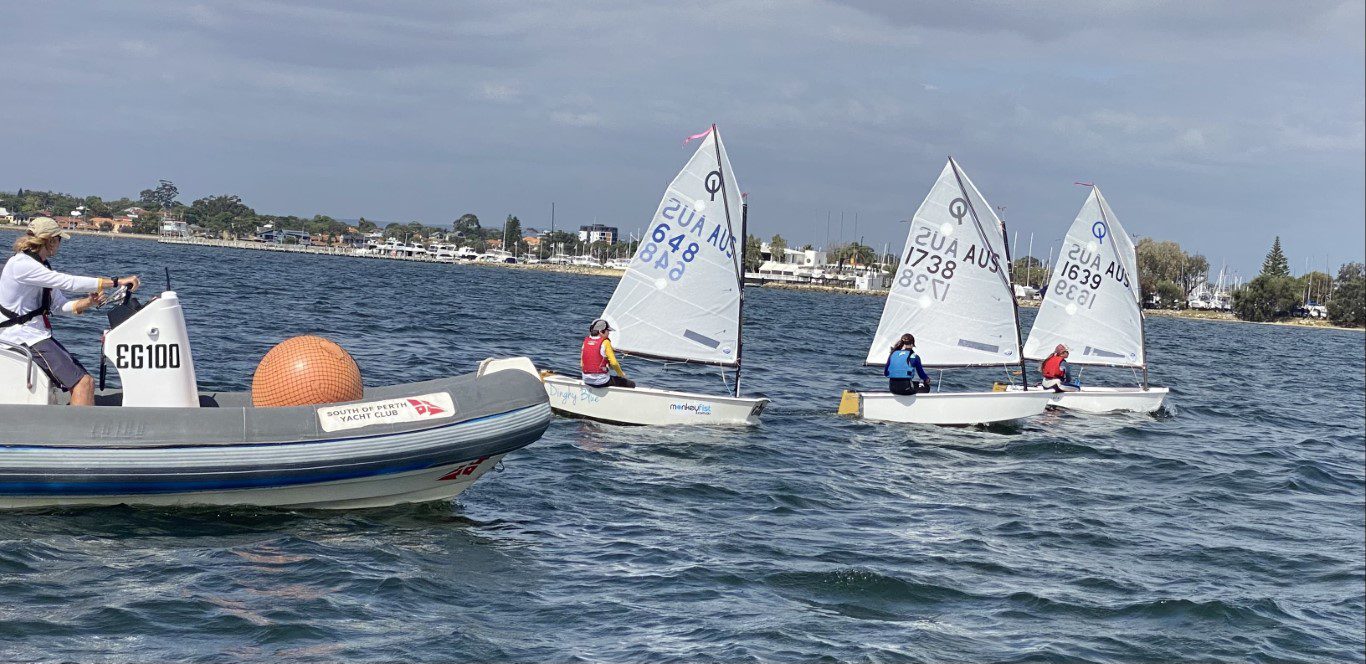
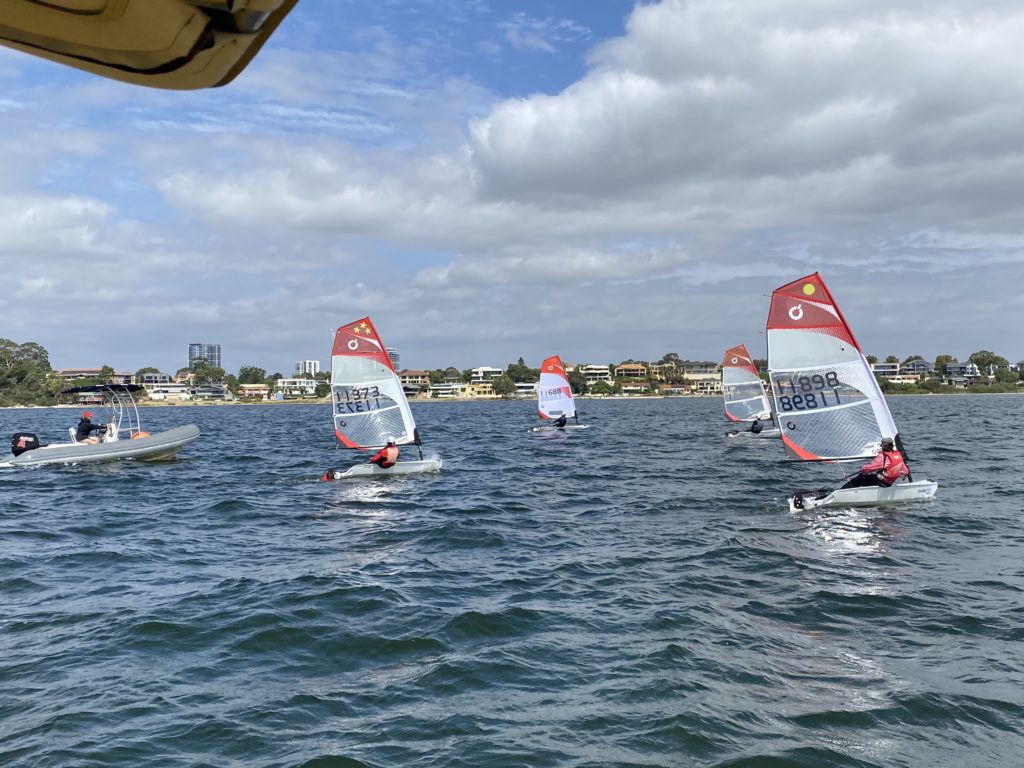
Split Tacks
Where you team up with a partner and sail to each side of the course to determine signs of a favoured side
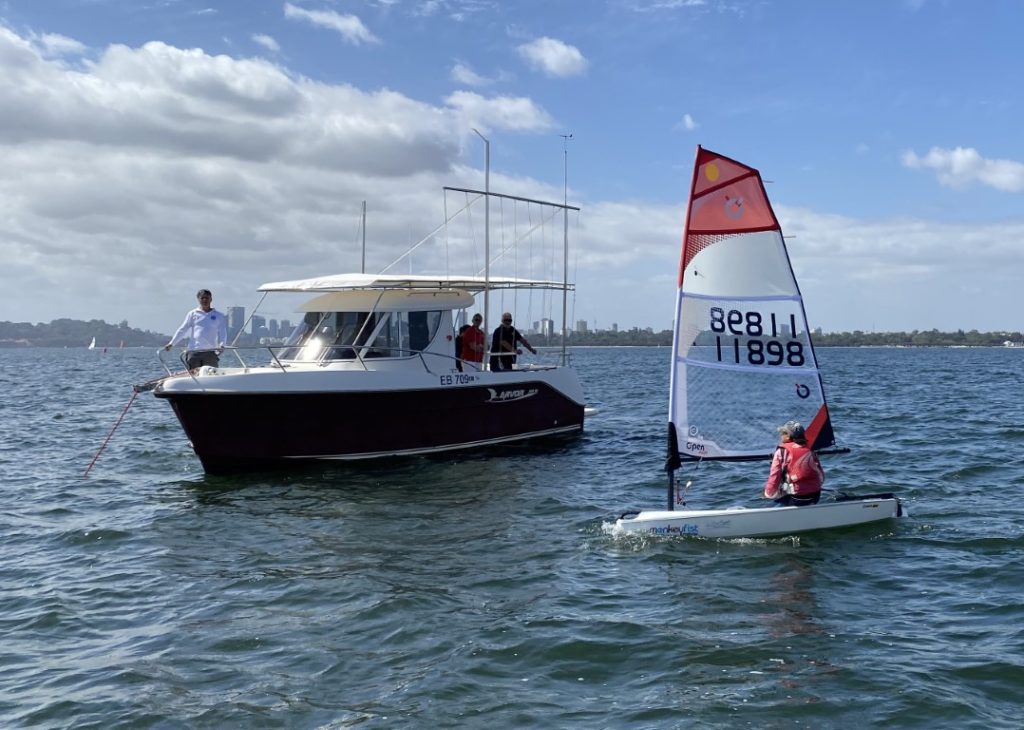
Getting Start Line Transits
A lot of sailors don’t appreciate how important a transit is. Well done Evan!! Personally I nearly never start without one and speaking to most of our Young World Champion sailors and coaches they all agree.
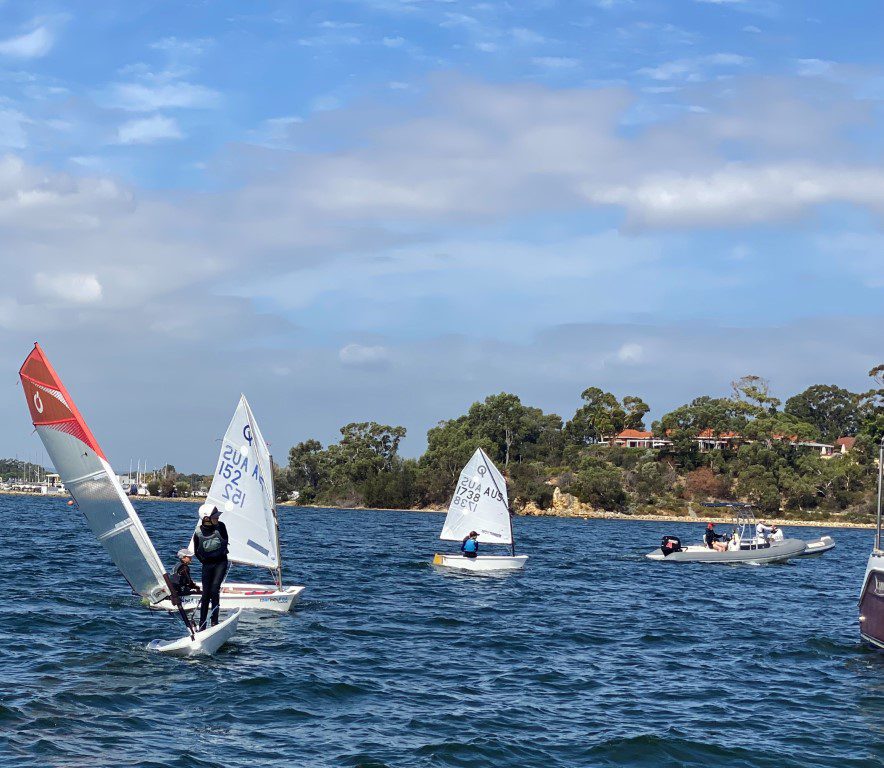
Debrief / Rebrief between races and get some carbohydrates for energy for the next race.
A great time to learn from the previous race and take lessons into the next race. Important chance to reset and not dwell on the past. It’s medically proven that we can all get over things within 6 seconds if you train your selves to do this.
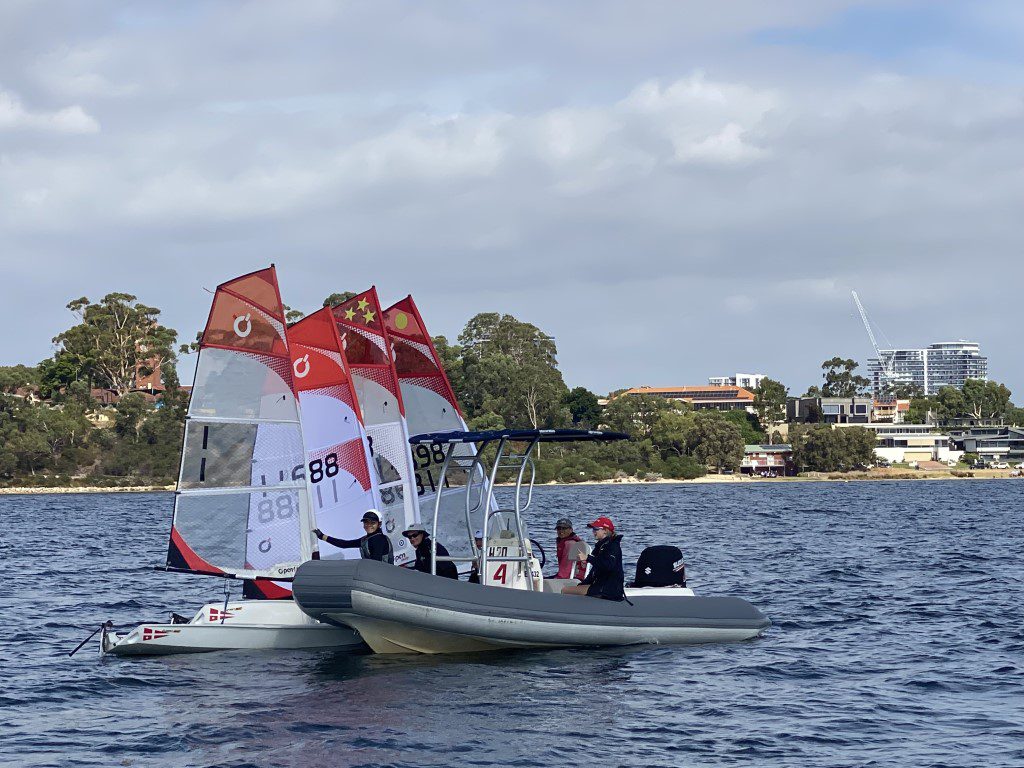
The Environment
Coach Michael Compton always gives a great weather talk and gets the sailors thinking about the conditions.
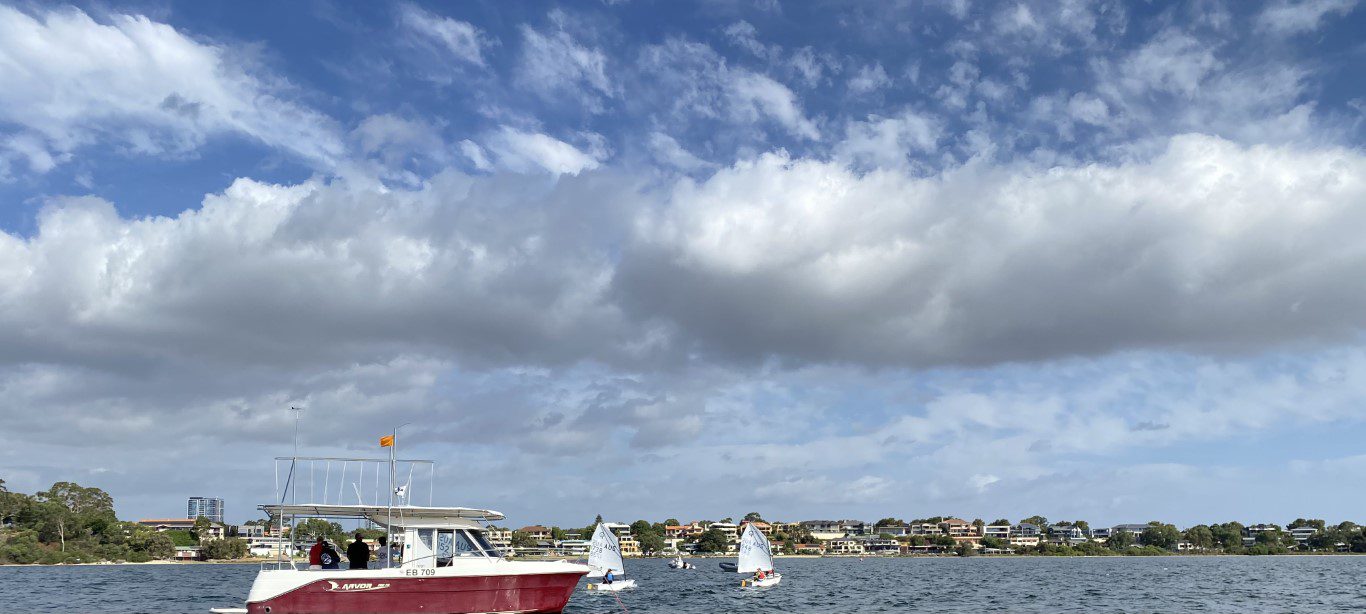
The westerley gradient breeze had a lot of low cloud influence on Sunday
Training System Overview
We run several different levels of training in our pathway with an aim to inject as much skill and enthusiasm into our young sailors before their large growth spurts and moving into more complex and competitive Youth classes. This provides a great springboard to be competent and successful in their chosen longer-term pathway.
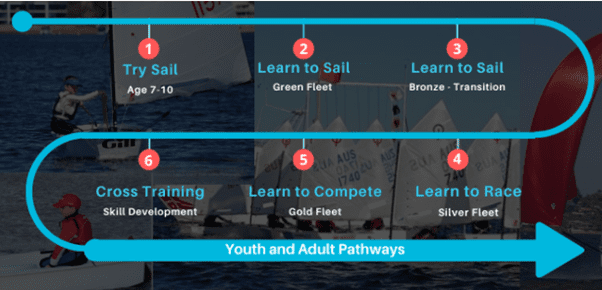
Typically, sailors will be in each level as follows.
- Try Sail – 4 sessions – This also includes Tackers 1 level skills which you may have heard about.
- Green Fleet 5-20 weeks – This also includes Tackers 2-3 skills but a lot more as well
- Bronze – 6 months – Sailors get Read to Race
- Silver – 1 year – Sailors learn How to Race
- Gold – 2 Years – Sailors Compete in many events including State, National and sometimes International events
- Open Skiffs – 3 years (Depending on Silver and/or Gold level)
There is no quick fix to obtaining sailors in racing but we have great foundations which can be seen in the below numbers based on last months attendance at training.
Adults & Keelboats
We haven’t forgotten the Keelboats. We have just finished a training block for 40 new sailors plus 7 in the S80 Program.
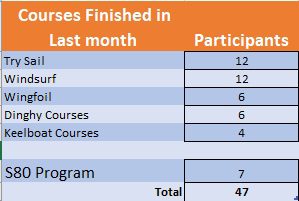
Australian Youth Selection Event
The Australian Youth Selection event which was due to be hosted at SoPYC in 2021 and 2022, but canceled due to Covid restrictions, has been moved to Melbourne in April 2022 to select an Australian Team to compete in the Netherlands in July 2022.
SoPYC will be represented by 6 sailors out of the 14 strong youth squad with another 7 ineligible sailors making up the 21 strong WA squad.
All the sailors have been training hard for the last two years and are currently juggling sailing or training 6 days a week with study and work commitments.
I will also be heading over to support the sailors with WAIS and WASS coaches Matt Jerwood and Hayley Clark, who also have strong ties to SoPYC.
Good luck to all of our sailors representing WA and SoPYC
